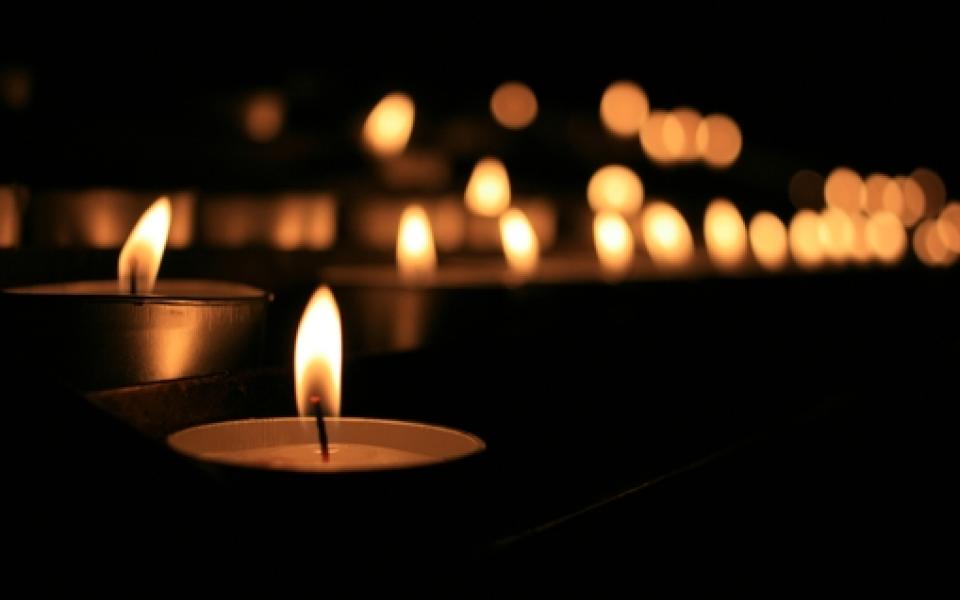
In 1960, I sat in a seminary classroom in Virginia and heard an old parish priest, not a scholar, speak to us students about “The Problem of Good.” I can’t remember what he said and can’t find the notes I took, though I have recently searched. But I have always been haunted by the phrase. As you might expect, we, students, spent considerable time wrestling with “The Problem of Evil.” In contrast, this was the only time anyone challenged us to examine “The Problem of Good.”
Today, I sit here and think about Donald Trump, Hilary Clinton and ISIS, and I wonder: “What ever happened to Good?” That is a real problem, not just a theological vexation!
The Bible begins with a bold statement that everything that was created was good. Everything! You can’t get completely away from good because it is inlaid in our being. Thus, it must be respected in some way, in everyone. Everyone! The Bible goes on to assert that all of us are created in the image of God. Thus stamped with Godness as well as goodness! So I figure that every person, if you could get to the core or the soul, is essentially good. The trick of discernment would, therefore, be how to drill down through the hard surface of coarse behavior and activate or touch the ingrained good.
Can you, then, take these assumptions and say, “I see or sense the good in Donald Trump?” Or, “I can see or sense the good in Hilary Clinton?” The polls show that both of them have extremely high disapproval levels. No surprise! The election process that we suffer through at the present cuts no one slack and the energies of this great nation are marshalled to demonize one candidate or another. And then when the election is over, our politics continue the demonization 24/7 of each day awaiting the next election process. Whatever happened to Good?
URI, which deals with people of historic, competing religious faiths, has learned a big lesson. Start with appreciation! Start with listening to the other! Start with hospitality and heartfelt mutual introductions! We call this process “Appreciative Inquiry.” If you can move, even slightly, toward the inherent goodness of the person who is your inherited enemy, then you can build anything.
But what about ISIS? And Goodness? So much brutality and barbarism! Cruel actions that mock all religious sensibilities and common civil standards! The personification of evil on earth! But if the Bible is to be believed, the perpetrators of ISIS deeds bare the brand of goodness at some deep level. What to make of this?
In my opinion, ISIS has not hi-jacked Islam; it has hi-jacked Allah. As assured or arrogant as religions get, on occasions, they still leave room, at the End, for God to be God. ISIS has sped up the process of salvation and has taken over the Judgement and Paradise. ISIS is seriously dangerous and deranged because its people walk around in blasphemy playing at being Allah. Thus we read the stories of the young people who became very religious and radicalized, and are now beheading or blowing up. ISIS has to be fought for what it is, but the youngsters of the movement have to be dealt with as bearers of the goodness of God. They can change. The battle of ISIS is ultimately an interior war.
Early on, URI made a decision not to be a religion, not to be above religion or below religion, not to compete with religions. We want to offer people of all religions and other traditions, a unique method of coming together in order to serve life on this planet. Our agenda is civilization, not salvation. ISIS cuts out the goodness that they do not recognize. URI embraces the goodness that we assume exists in everyone.
I remember hearing a story about a Roman Catholic Cardinal in Boston who said that he saw Jesus Christ in every person who walked into his office. And then he added, “And sometimes, He is in deep incognito.” Good is in there somewhere. If you believe that, then finding it and building on it is the solution to the Problem of Goodness. At least, I think that is what I heard in 1960.
